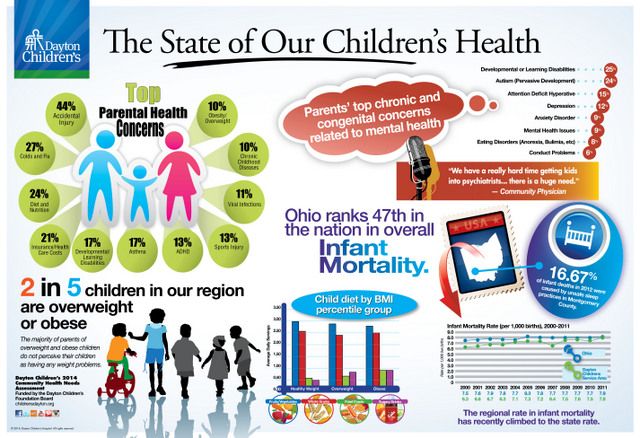When we think of diseases, common ones such as the flu or the common cold often come to mind. However, lurking beneath the surface, there exists a group of diseases that are far less known and understood – rare and genetic diseases. Rare diseases, also referred to as orphan diseases, are those that affect a small percentage of the population. These diseases often pose significant challenges for patients, families, and healthcare providers due to their elusive nature and complexity. On the other hand, genetic diseases are caused by abnormalities in an individual's genetic makeup. They can be inherited from one or both parents or occur due to spontaneous genetic mutations. Genetic diseases may be present from birth or appear later in life, ultimately affecting various aspects of an individual's health and wellbeing.
The Impact of Rare and Genetic Diseases on Individuals and Families
Living with a rare or genetic disease can be extremely challenging for individuals and their families. Many of these diseases lack effective treatments or cures, leaving patients to manage debilitating symptoms on a daily basis. Additionally, the journey towards diagnosis can be long and arduous for those affected by rare diseases. Due to their limited prevalence and lack of awareness, it may take years or even decades for a patient to receive an accurate diagnosis. This not only leads to prolonged suffering but also delays access to appropriate care and support. Families of individuals with rare or genetic diseases also face unique challenges. Caregivers often become experts in managing these complex conditions, coordinating medical appointments, and navigating the intricacies of insurance and healthcare systems. The emotional and financial toll can be significant, making it vital for support networks and resources to be made available.
Progress in Rare and Genetic Disease Research
Despite the hurdles posed by rare and genetic diseases, there is reason to be hopeful. Over the years, significant progress has been made in the understanding and treatment of these conditions. Advancements in genetic testing and sequencing technologies have revolutionized the field of rare disease diagnosis. These innovative tools allow healthcare providers to identify specific genetic mutations, enabling more accurate diagnoses and tailored treatment plans. Furthermore, research efforts and collaborations have paved the way for the development of targeted therapies and orphan drugs. Previously, many rare diseases lacked specific treatments, leaving patients with limited options. However, with the increasing focus on precision medicine, new treatments are becoming available for previously untreatable conditions.
Raising Awareness and Mobilizing Support
Undoubtedly, raising awareness about rare and genetic diseases is crucial for improving patient outcomes and accelerating research efforts. Efforts to educate the general public, healthcare providers, and policymakers are essential in ensuring that these conditions are not overlooked. Support networks also play a vital role in the lives of individuals living with rare and genetic diseases. Patient advocacy groups and nonprofit organizations work tirelessly to provide resources, emotional support, and funding for research. Funding for rare disease research is often scarce due to the relatively small number of affected individuals, making these organizations a lifeline for patients and their families.
Looking Towards a Future of Hope and Progress
Rare and genetic diseases may be a hidden struggle for many, but they deserve attention, research, and support. As advancements continue to be made in the field of genetics and medicine, we can hope for improved diagnoses, treatments, and quality of life for those affected by these often overlooked conditions. By raising awareness, mobilizing support, and promoting collaboration, we can bring these diseases out of the shadows and ensure that individuals living with rare and genetic diseases receive the care, understanding, and compassion they deserve.


